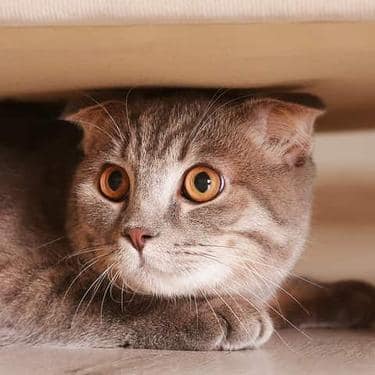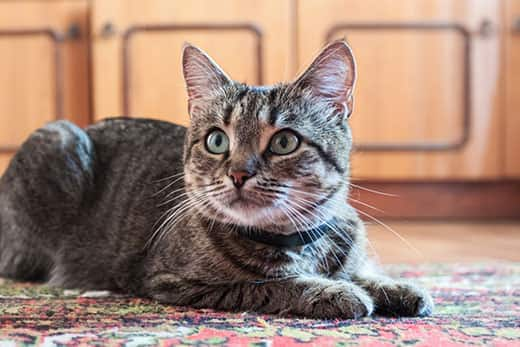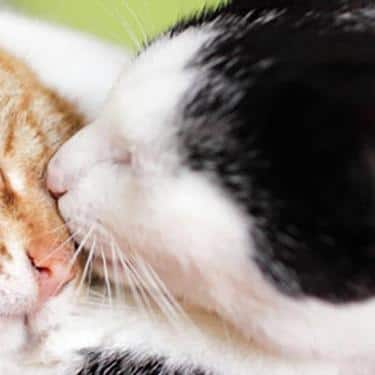
-
Find the right food for your petTake this quiz to see which food may be the best for your furry friend.Find the right food for your petTake this quiz to see which food may be the best for your furry friend.Featured products
 Adult Light Small Paws with Chicken Meal & Barley Dog Food
Adult Light Small Paws with Chicken Meal & Barley Dog FoodLow calories for less active small & mini dogs
Shop Now Hill's Science Diet Adult Oral Care Chicken, Brown Rice & Barley Recipe Dog Food
Hill's Science Diet Adult Oral Care Chicken, Brown Rice & Barley Recipe Dog FoodClinically proven kibble technology to reduce plaque & tartar build-up
Shop Now Adult Perfect Digestion Salmon, Whole Oats, and Brown Rice Recipe Dog Food
Adult Perfect Digestion Salmon, Whole Oats, and Brown Rice Recipe Dog FoodScience Diet's breakthrough nutrition supports ultimate digestive well-being & healthy microbiome
Shop NowFeatured products Adult Perfect Weight Chicken Recipe Dog Food
Adult Perfect Weight Chicken Recipe Dog FoodOver 70% of dogs lost weight within 10 weeks when fed this nutrition (USA Study)
Shop Now Adult Hairball Control Chicken Recipe Cat Food
Adult Hairball Control Chicken Recipe Cat FoodNatural fiber to help comfortably reduce hairballs
Shop Now Adult 7+ Chicken Recipe cat food
Adult 7+ Chicken Recipe cat foodSupports energy level and beautiful fur in mature cats
Shop Now -
Dog
- Dog Tips & Articles
-
Health Category
- Weight
- Food & Environmental Sensitivities
- Urinary
- Digestive
- Joint
- Kidney
-
Life Stage
- Puppy Nutrition
- Adult Nutrition
- Senior Nutrition
Cat- Cat Tips & Articles
-
Health Category
- Weight
- Skin & Food Sensitivities
- Urinary
- Digestive
- Kidney
-
Life Stage
- Kitten Nutrition
- Adult Nutrition
Featured articles Keeping Pets Calm During Thunderstorms
Keeping Pets Calm During ThunderstormsIs your dog scared of thunder? Does your kitty dart under the bed at the first rumble? Learn a few tips for keeping your pets calm during the storm.
Read More How to Reduce Your Pet's Carbon Paw Print
How to Reduce Your Pet's Carbon Paw PrintHeaded outside? How you and your pets engage with nature can affect the environment, so here are some quick tips for reducing your pet's carbon paw print.
Read More Moving With a Pet: A How-To Guide
Moving With a Pet: A How-To GuideDiscover helpful tips for moving with your pet including safety recommendations to keep in mind on moving day & pet behavior to watch for at your new home.
Read More -


Living with cats can feel like a mystery. You talk to them, but you're never quite sure what they're thinking. Do cats understand words? Can cats understand humans? If you wonder what your kitty hears when you talk to them, you're not alone. Let's see what science has to say about this feline enigma.
Do Cats Understand Words?
If your cat doesn't come when you call them, it doesn't necessarily mean they're ignoring you. It could be that they're reacting nonverbally and you just aren't noticing it. Cats lack the cognitive skills to interpret human language, but they recognize when you talk to them. To put it another way, cats comprehend human language in the same way that we understand meowing. It's similar to how you interpret your cat's language by "reading" how they arch their back or swish their tail.

Cats may not process human language in the same way that humans do, but studies show that cats recognize and, in some cases respond to, human vocalizations, gestures and expressions — depending on whether they feel like it, of course.
Can Cats Understand Humans?
Scientists have only scraped the surface in terms of understanding feline cognition. However, in the past several years, researchers have made exciting discoveries about the cat brain.
In an article published by Animal Cognition, researchers noted that the cats they studied responded when their pet parents said their names. The cats mostly responded to their humans' voices through orienting behavior, such as ear movement and head movement, rather than through communicative behavior, like vocalization and tail movement.
You can do a similar study of your own at home: Closely observe your cat while you say their name. They may pivot their ears, tilt their head to the side while looking at you or both. A chatty cat might respond vocally, but as this study shows, cats generally use nonverbal communication to respond to their human.


Tasty Tips
How Do I Communicate With My Cat?
The authors of the Animal Cognition study noted in The Independent that "cats, unlike dogs, have not been domesticated to obey humans' orders. Rather, they seem to take the initiative in human-cat interaction." Keep this in mind the next time your cat doesn't respond when you call their name. Try not to take their snub personally; it's just their independent spirit.

But despite scientific evidence that your cat's the boss, it's important to regularly engage in conversation with your pet. Talk to them during petting sessions, while you're folding the laundry or at bedtime.
Regularly interacting with your cat using positive vocalization and gestures — such as smiling and speaking in an upbeat tone of voice — will reinforce the bond between the two of you. It also provides insight into how your kitty uses their own cat language, both verbal and nonverbal, to converse with you. Although humans and cats don't speak the same language, there's no denying the special relationship between a cat parent and their feline friend.


Christine O'Brien is a writer, mom, and long-time cat parent whose two Russian Blues rule the house. Her work also appears in Care.com, What to Expect, and Fit Pregnancy, where she writes about pets, pregnancy, and family life. Find and follow her on Instagram and Twitter @brovelliobrien.
Related products

Supports energy level and beautiful fur in mature cats

Natural fiber to help comfortably reduce hairballs

Improves Everyday Ability to Get Up & Go

Over 70% of dogs lost weight within 10 weeks when fed this nutrition (USA Study)
Related articles

Brushing your cat's teeth is just as important as brushing your own. Learn signs or oral health problems in your cat and how to avoid them.

What is the best food for an overweight cat? Learn all about weight control food for cats, including what's in it and how it works.

Learn the different factors that might be contributing to your cat's weight gain, and how bigger doesn't always mean better.

Discover how to identify cat sensitive skin and what you can do to help your cat thrive from head to paw.

Put your cat on a diet without them knowing
Our low calorie formula helps you control your cat's weight. It's packed with high-quality protein for building lean muscles, and made with purposeful ingredients for a flavorful, nutritious meal. Clinically proven antioxidants, Vitamin C+E, help promote a healthy immune system.
Put your cat on a diet without them knowing
Our low calorie formula helps you control your cat's weight. It's packed with high-quality protein for building lean muscles, and made with purposeful ingredients for a flavorful, nutritious meal. Clinically proven antioxidants, Vitamin C+E, help promote a healthy immune system.

